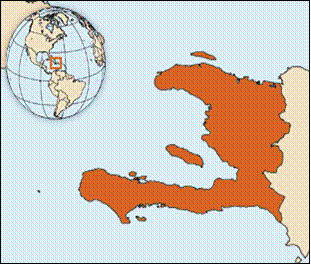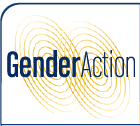  PROGRAMS & THEMES: Gender, IFIs and the Global Food Crisis
 Case Study:
Haiti
Download the case study (pdf, 773kb)
Haiti, the poorest nation in the Western Hemisphere, suffers from chronic food insecurity (World Food Program, 2010). One third of the population is food insecure, the most vulnerable of whom are women and children. International Financial Institutions (IFIs), including the International Monetary Fund (IMF), the World Bank (WB) and the Inter-American Development Bank (IDB), have severely undermined Haiti's ability to improve food security and reduce hunger and malnutrition among Haiti's poor. Beginning in the 1980s, IFI structural adjustment strategies imposed sweeping trade liberalization measures on Haiti (McGowen, 1997), including substantial reductions in Haiti's import tariffs. United States and other developed country food imports "flooded into the country" (FAO, 2001), undermining
the livelihoods of rural farmers. Moreover, the WB and IDB, among Haiti's largest donors and most influential
policy advisors (Gender Action, 2010), have failed to adequately address gender issues in agricultural and rural development
sector investments. Doing so would contribute to improving Haiti's food security and reducing rural poverty.
Gender Analysis Findings
Since IFIs address food security primarily through agriculture and rural development operations, this case study
applies "Gender Action's Essential Gender Checklist" to assess the quality of gender integration in WB and IDB agriculture
and rural development investments in Haiti. The Checklist is part of Gender Action's Gender Toolkit for
International Finance Watchers, a user-friendly toolkit for helping civil society groups to incorporate gender perspectives
into their work on IFIs and other projects. This case study demonstrates that IFI agriculture investments
in Haiti lack a human rights perspective and pay little attention to gender inequalities that could hinder women and
girls' ability to participate in and benefit from project activities. Since none of the projects mandate the collection of
sex-disaggregated data, IFIs cannot determine their investments' differential impacts on men and women, boys
and girls.
|
